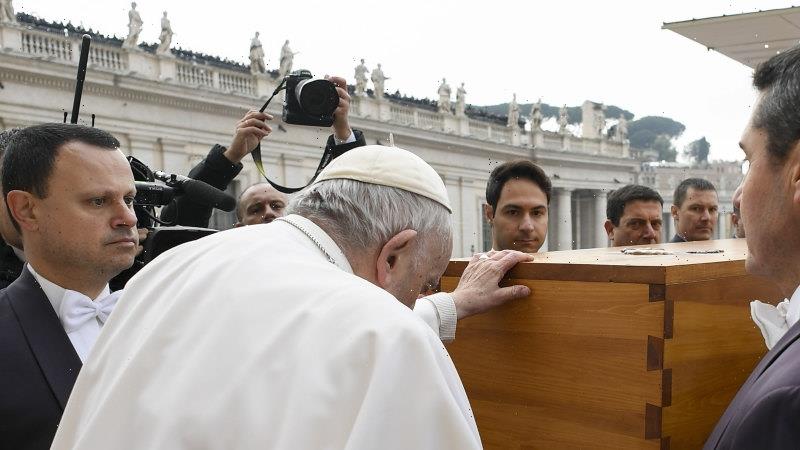Rishi Sunak faces question on NHS crisis
We use your sign-up to provide content in ways you’ve consented to and to improve our understanding of you. This may include adverts from us and 3rd parties based on our understanding. You can unsubscribe at any time. More info
Excess deaths in the week before Christmas hit their highest level the highest in two years and exceeded the average of the last five years amid a major crisis in the NHS as a combination of Covid, flu and Strep A have piled on additional pressure. 14,530 people died in the week ending December 23 in England and Wales, according to figures from the Office for National Statistics (ONS).
That is around 2,500 more people, or 21 percent higher, than the usual number of deaths expected for this time of year, based on averages from the past five years.
It was also the highest death toll since February 2021, during the peak of the UK’s first Covid wave. But only 429 of the 2,493 deaths logged across the most recent week (3 percent), were related to Covid.
This comes as the NHS grapples with the toughest winter it has faced on record as hospitals across the country report critical incidents.
One in four ambulance patients in England waited more than an hour to be transferred to hospital A&E teams in December as a combination of bed shortages and boosted demand piled on the pressure. Meanwhile, four in 10 patients had to wait at least 30 minutes to be transported to A&E.
Dr Stephen Griffin, an associate professor from Leeds University, has argued that the NHS is coming under strain due to the “relentlessness of repeated” Covid waves.


He told Express.co.uk: “This has essentially led to the NHS having to deal with five winters instead of just one.
“Normally, the summer provides an opportunity for the NHS to catch up with waiting lists and clear backlogs ahead of the forthcoming winter, and this just hasn’t happened.
“Combined with twelve years of underfunding, understaffing and in particular, the loss of highly skilled European workers due to Brexit, the strain is obvious to see.”
But Dr Griffin also claimed that the Government could have stepped in to limit the spread of Covid and soften the blow of the current crisis.
He explained: “Simple public health measures such as improved air quality in public spaces, masks where this isn’t possible, free lateral flow tests and a more comprehensive vaccination campaign would very likely have reduced the impact of waves further – booster campaigns certainly reduced the incidence of severe disease in spring and the autumn, but this wasn’t enough.

“Much of the population has not been boosted since November 21, and the coverage in children is woeful due to poor messaging around the need for vaccines.”
But the Department of Health and Social Care is urging those most at risk to get vaccinated against both Covid and flu.
It wrote on Twitter: “If you have certain health conditions, you’re at increased risk of serious illness from flu and Covid. It’s not too late to get your vaccines, which are your best protection.”
Health Secretary Steve Barkley has argued that rather than just being attributed to Covid, the current NHS crisis can be blamed on “a combination of very high rates of flu, persistent and high levels of COVID, continuing concerns particularly among many parents around Strep A”.
The combination of three viruses has led to the dubbing of the phrase “tripledemic”.
DON’T MISS
EU losing billions of UK’s cash as Britain ready to fund ‘Bold Plan B’ [REPORT]
Kepler telescope shows ‘glitches’ occur in core of red giant stars [INSIGHT]
Water found on the Moon comes from the solar wind, study concludes [REVEAL]


Mr Barkley has also argued that critical incidents are being reported because primary care services, like GP practices, were shut down for Christmas.
The UK Health and Security Agency has warned that flu and Covid are “currently circulating at high levels and are likely to continue to increase in coming weeks”, while parents have also been warned that Strep A cases remain high.
While these illness are evidently piling on added pressure to the already crippled health service, those working in the sector long warned that the crisis was a long-time coming, with underfunding and structural issues to blame.
Dr Tim Cooksley, president of the Society for Acute Medicine, told Sky News: “The fundamental problem remains a significant shortage of workforce leading to woefully inadequate inpatient bed and social care capacity. Current levels of staff burn out and poor morale markedly exacerbate this issue.”
Source: Read Full Article

